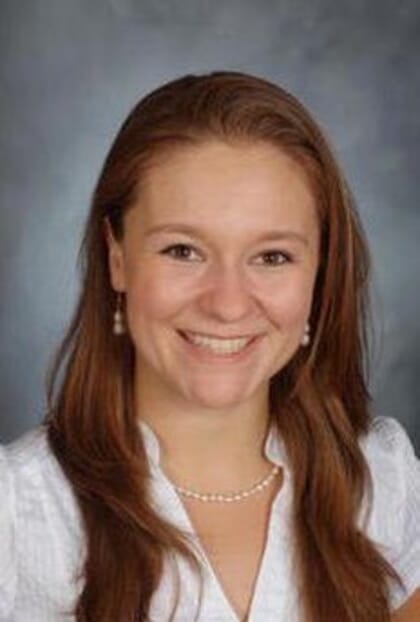As part of the EU Horizon2020 EURASTIP project with the University of Stirling’s Institute of Aquaculture she is looking for educators and students in aquaculture and capture fisheries sciences to help her obtain great results by taking part in her survey. Respondents have the opportunity to enter a raffle for a £50 gift certificate.

“Our global society shares a growing sentiment that access to knowledge is a basic human right,” Pounds explains to The Fish Site. “Part of this movement involves releasing educational materials for free use and further adaptation under a Creative Commons license. These materials are known as Open Educational Resources (OERs).”
“The altruistic benefits are obvious: OERs are high quality educational materials, available to everyone, including those who live in remote locations or who are unable to afford formal education. In the aquaculture industry, providing educational materials with remote access to low-income farmers is crucial to social and economic development, particularly in Southeast Asia where OERs could become accessible by increasingly low-cost smart phones with affordable data plans.”
“Additionally, the growing demand for seafood will place pressure on workers across the globe, requiring them to broaden their knowledgebase and skillset as they take on new responsibilities and roles within the growing industry. These workers would also benefit from accessing OERs,” she adds.
Yet she is also aware that, despite these possible societal benefits, high quality educational materials are not free to produce.
“It’s clear that open educational resources have major benefits to society, as do most open communication and educational initiatives. But although OERs are free to use they come with a cost to the developer,” she reflects.
As a result, her big question is: besides altruistic intentions, what would motivate higher education institutions and educators in aquaculture to share their materials freely? And how can this be made financially sustainable?
More information on Alexandra’s work, contact details and links to the survey can be found at her website.

